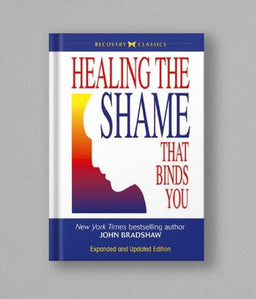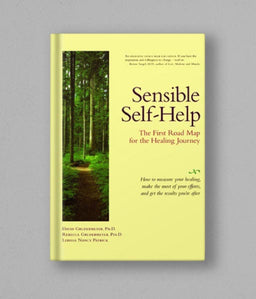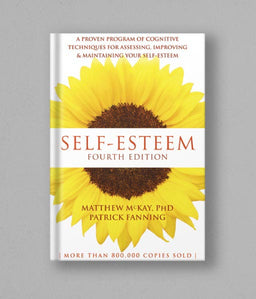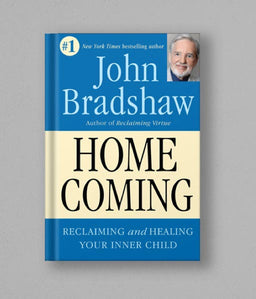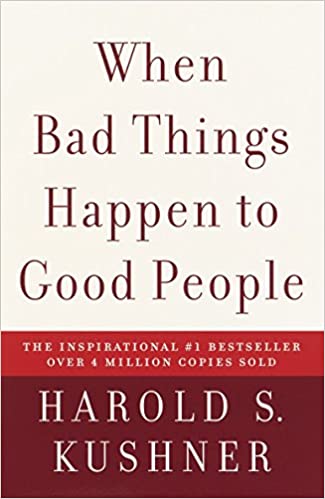
When Bad Things Happen to Good People by Harold S. Kushner
Rabbi Kushner wrote this book after his son Aaron died prematurely from an aging disease. In it, he detailed his own struggles with the emotional roller coaster he experienced the questions of why it had to happen to him, and his own difficulty in accepting what role God played in it. It was written in a very kind yet straightforward tone, and Rabbi Kushner gave many great examples from his own life experiences.
My favorite section was the one called, "No Exceptions for Nice People." In this chapter, Rabbi Kushner spoke on why he believed God does not exclude nice people from facing any harm. In fact, he made a very compelling argument stating that God does not actually punish us, as many religious people tend to believe. In granting us all free will, he gave us the ultimate freedom to choose our paths in life, even if it means having the ability to harm another human being. Rabbi Kushner believed that our feelings of anger and injustice are actually a reflection of God's own feelings towards the situation.
 In reading this book, I was constantly aware of two nagging questions at the back of my mind. One had to do with my father, the way I viewed his death, and my belief of God's role in it. I felt I was being punished because I was not a good enough kid, which caused a lot of guilt and anger in me. Just like in the book, there were adults that were trying to make me feel better by telling me that my father had been taken by God because he was a good man and God needed him back in heaven. It did not make me feel better though; instead to me it meant that somehow I was not a good person because if my father was able to go to a better place, why could I not be there with him instead of feeling all this pain and hurt?
In reading this book, I was constantly aware of two nagging questions at the back of my mind. One had to do with my father, the way I viewed his death, and my belief of God's role in it. I felt I was being punished because I was not a good enough kid, which caused a lot of guilt and anger in me. Just like in the book, there were adults that were trying to make me feel better by telling me that my father had been taken by God because he was a good man and God needed him back in heaven. It did not make me feel better though; instead to me it meant that somehow I was not a good person because if my father was able to go to a better place, why could I not be there with him instead of feeling all this pain and hurt?
The other question at the back of my mind was how Mrs. Julie Nguyen has processed the murder of her son. Does she believe in some way that she was being punished because she was somehow imperfect? How much guilt, pain, and anger did she feel, and how does she deal with it today? And how can I reconcile it, knowing that I am responsible for murdering her son and causing all this hurt in her life? These are questions that will haunt me, yet I also hope drive and motivate me to become better human being in the long run.
Purchase The Book
